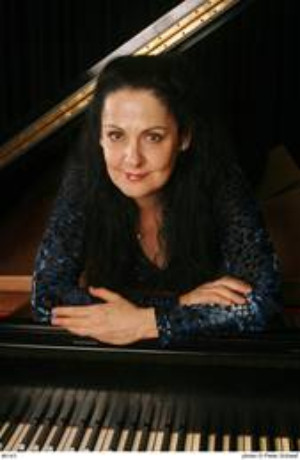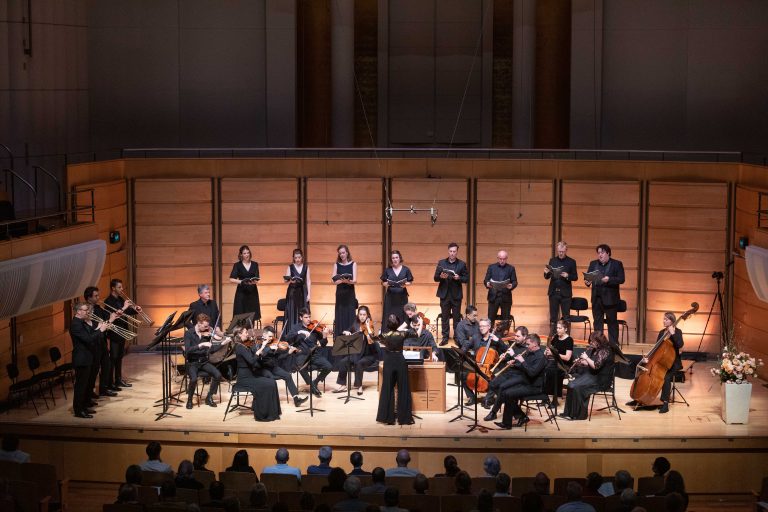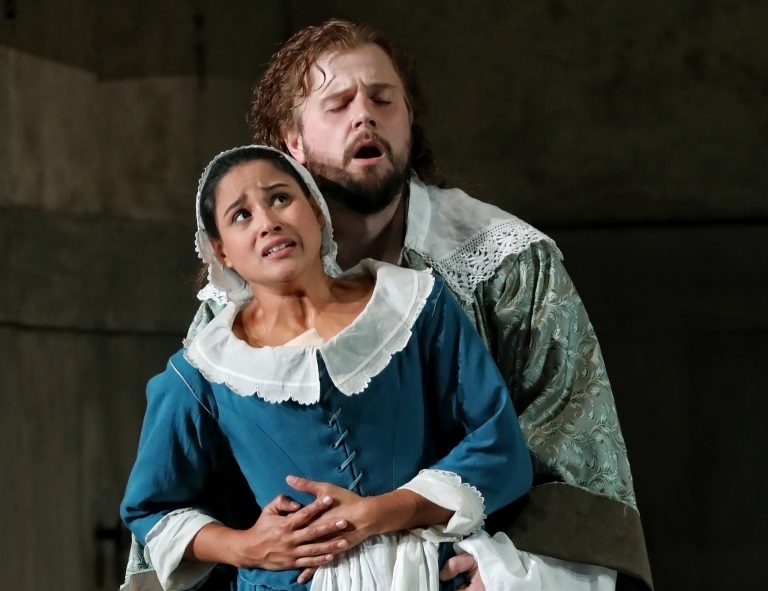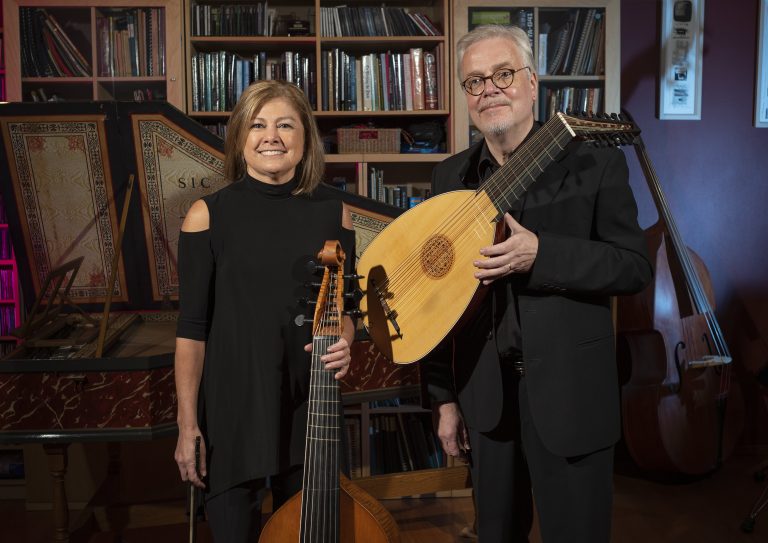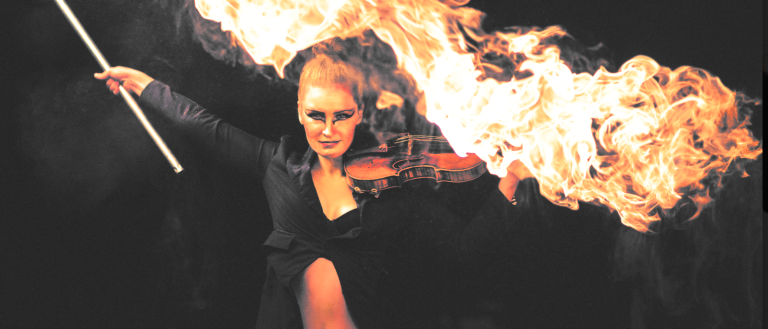Concert Review: Sarah Grunstein/ Beethoven, Brahms And Schumann
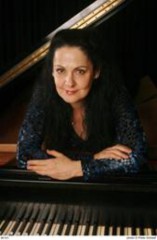
Sarah Grunstein,
Beethoven, Brahms And Schumann
Utzon Room, Sydney Opera House
23, September, 2018
Based on the concept of improvisation, pianist Sarah Grunstein performed a program of 19th century masterworks in the Utzon Room of the Sydney Opera House. It was a creative pairing of two late works – Beethoven’s Sonata no 30 in E major opus 109 with Brahms’ Fantasien opus 116 in the first half of the concert followed by Schumann’s Fantasie in C major, opus 117 in the second half.
Beethoven’s opus 109 was one of the last three sonatas he wrote, dogged by deafness and ill-health. Keeping company with the Missa Solemnis and the Ninth Symphony, the E major Piano Sonata is a grand and innovative piece. Sarah Grunstein began the Vivace ma non troppo lightly, in ad-lib style, as if musing through the imitative opening notes, moving to an ominous reprise of the opening subject as the ideas take hold, building on the contrasts within this movement. The idea of contrast was extended to the second movement Prestissimo, with its turbulence, giving way to an elegantly paced and stately declamation of the third movement, recalling again the meandering of an improvisation. Sarah Grunstein grasped the opportunities offered by the six variations of this movement to demonstrate her skills from the gossamer lightness of the Leggeirmente, to the percussive and the lyrical. Fugal patterns were shaded in light and dark, returning to close with the serenity of the main theme.
Brahms’ Fantasien op.116, is a loosely connected group of seven intermezzos and capriccios. Sarah Grunstein gave a spirited rendition of the D minor bookends of this collection, with the central cameos in E major and minor. By the time Brahms wrote these, late in his life, his approach to structure and form had been set free. The fluidity of Sarah Grunstein’s interpretation reflected the flow of Brahms’ thoughts as he neared the end of his composing life and struggled with illness. Introspective and poetic, Sarah Grunstein’s performance was profoundly sensitive.
Unlike the preceding pieces in this concert, written as swansongs, Schumann’s Fantasie in C major opus 17 was written in 1836 while he was a young man, just 26. However, it was already a year that was fraught, with the recent death of his mother and separation from his beloved Clara. He only completed two works that year, the second of which was the opus 17. It has a complex compositional history, but it is, in part, an homage to Beethoven and has been described as a fantasia quasi una sonata, occupying the “delicate middle ground between art and experience.”
Extending the theme of improvisation, Schumann explored new forms in this three-movement piece. It was in this work that Sarah Grunstein really came into her own, playing with a spontaneity and abandon that stemmed from her technical mastery and intimate knowledge of this hybrid.
Ms Grunstein’s insights into her selections and her own responses to them were welcome additions to understanding her interpretations as were her concert notes.
The Utzon Room is surely one of the most hypnotic settings for music performance. Intimate and with a panoramic view of the harbour, no lighting design is needed as the colours of the sunset tint the waves, their incessant motion a canvas on which to project the emotions evoked by the music. Against this backdrop, for just a few hours, Sarah Grunstein mesmerised us with some of the most beautiful piano music ever written.
Shamistha de Soysa for SoundsLikeSydney©
Sarah Grunstein will perform J S Bach’s Goldberg Variations, BWV 988 on Monday 29 October, in the Utzon Room of the Sydney Opera House.

